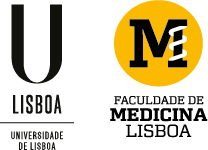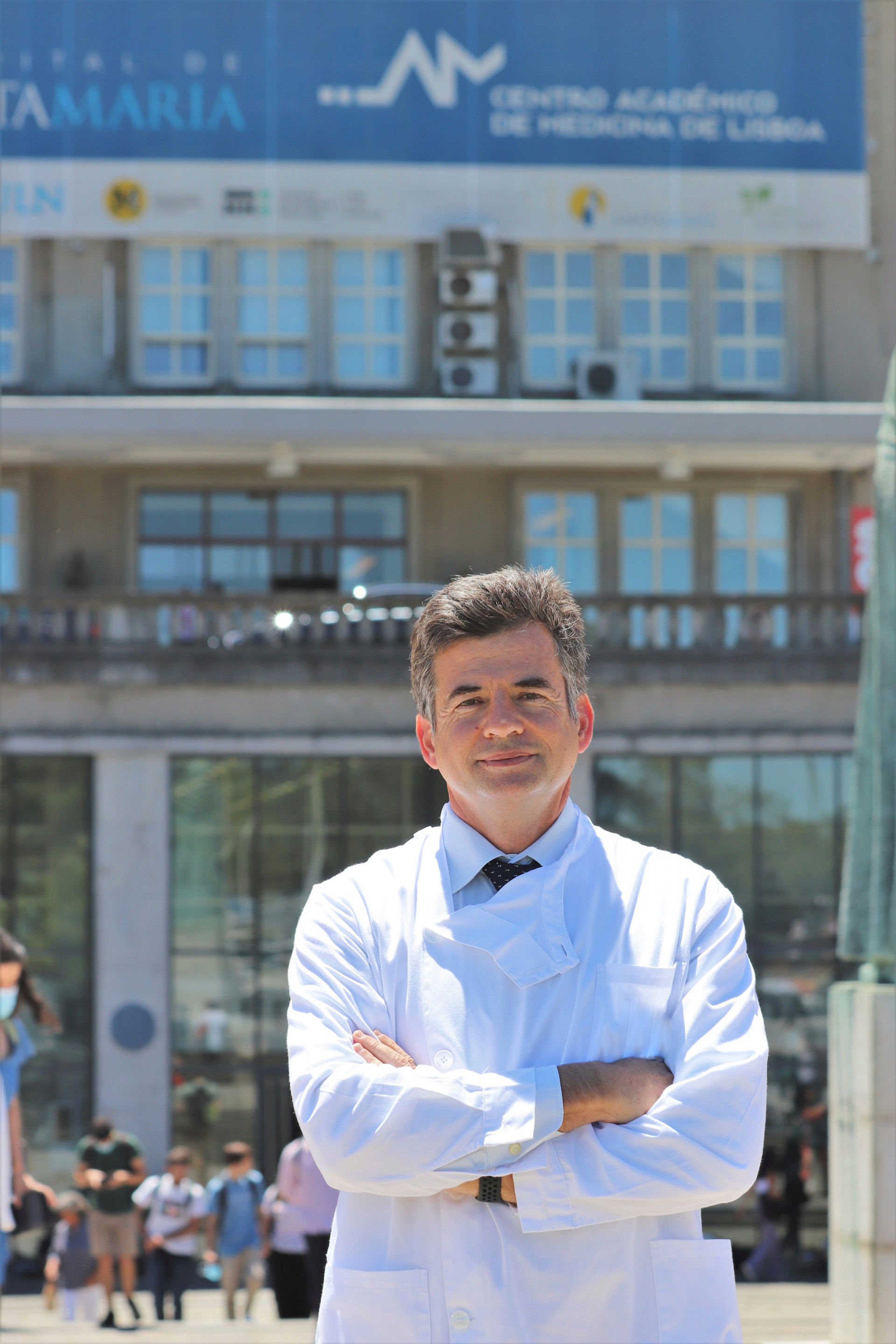Choosing the Lisbon School of Medicine, University of Lisbon (FMUL) to study or work is an investment on a project of innovation, internationalisation, growth and modernity.
FMUL is the largest Portuguese medical school, being one of the 18 higher education institutions integrated in the University of Lisbon, the largest Portuguese University and the best positioned national university institution in the Shanghai International Ranking.
The origin of the FMUL is related to the Royal School of Surgery, created in 1825 in the São José Hospital, later called the Lisbon Medical Surgical School (1836). The FMUL was formally created in 1911, initially located in the building of the Campo de Sant'Ana and later transferred, in 1956, to the building of the Santa Maria Hospital. The premises were enlarged in 2004 (Egas Moniz Building) and in 2020 (Reynaldo dos Santos Building). The FMUL includes, together with the Institute of Molecular Medicine João Lobo Antunes (IMM), an international biomedical research institute of excellence, and with the North Lisbon University Hospital Centre (CHULN), the main university hospital centre in the country, the first academic clinical centre created in Portugal, the Lisbon Academic Medical Centre (CAML), founded in 2009. On the CAML campus over 2200 students and 600 teaching staff study and teach, in collaboration with a management and administrative team of over 150 people. It is also where more than 500 scientists carry out their research, supported by a staff of 150 professionals.
And throughout the campus, there are more than 1500 doctors, and 2000 nurses, managing over 30,000 admissions, 25,000 surgeries, 8700 treatments in day hospitals, 700,000 consultations and 180,000 emergency situations per year. More than 3000 patients and family members use this campus daily. It is in this vibrant academic and clinical environment that over 1600 scientific papers are published annually, contributing to the progress of medicine.
The FMUL's mission is to promote innovation and excellence in undergraduate education, postgraduate training, and research, for the progress of the quality of medical care and the improvement of the population's health, in close collaboration with the partners of CAML. With the vision of being recognized nationally and internationally for the quality of the professionals it trains and for their contribution to the development of medical education and research, and to the promotion of clinical competence, contributing to CAML being considered one of the best medical academic centres.
There are fundamental values that we advocate at the FMUL with emphasis on professionalism, defined in this context by a set of attributes: honesty, integrity, compassion, altruism, empathy, respect for others, reliability, responsibility, commitment to excellence. We also consider that credibility, independence, diversity, inclusion, cooperation and transparency are values that should fit the FMUL's activities.
As principles of action, we consider that the FMUL students are educated to become pluripotential professionals who are competent, supportive and committed to a clinical practice of excellence. At the end of the teaching process, they will also be qualified to collaborate in research projects and to begin research careers, as well as to work in companies related to the area of medicine (e.g. the pharmaceutical industry) or to develop professional paths linked to health management. FMUL lecturers are dedicated to excellence in education and research in their areas of specialisation. All the elements of the educational process (teaching staff, non-teaching staff, students and patients) teach and learn, and are facilitating agents of research.
The FMUL has 3 fundamental strategic pillars: 1) Education; 2) Research; 3) Impact on society.
The FMUL aims for its pre and postgraduate education programme to be recognised nationally and internationally for its excellence. The FMUL is strongly committed to the teaching of Medicine, Nutrition and Biomedical Engineering (in its collaboration with the Instituto Superior técnico). In all these areas we promote early clinical contact, favouring teaching in small groups, focused on concrete problems, maintaining a strong scientific training imprint. In this context, we highly value the collaboration with the Hospitals affiliated to the teaching, with emphasis on the CHULN.
Post-graduate education has as its main axis the doctoral programme of CAML, but the FMUL also promotes a wide range of post-graduate training (associated or not with an academic degree).
Research flourishes in a network of research groups that interpenetrate among the various areas of CAML, thus raising the quantity and quality of scientific production, with a strong disposition the organisation of clinical research.
The FMUL projects its impact on society through the integration of education, research and clinical practice, transferring the potential clinical added-values of the FMUL and CAML to a medical practice of excellence and to the promotion of health literacy.
These pillars are supported by a management and administrative team in continuous improvement and differentiation, capable of carrying out very complex tasks effectively, in a context of modernisation, profitability and optimisation of all the FMUL spaces.
The FMUL works daily, together with CHULN and IMM, to project CAML as a clinical academic centre of international reference, a campus that offers patients the best therapeutic strategies, in an environment of respect and human dignity, and where undergraduate and postgraduate students, teachers, researchers, health professionals, managers and administrative staff find a space of well-being, for an inspiring and motivating academic and professional development, in harmony with family life.
Professor Doutor João Eurico Cabral da Fonseca





